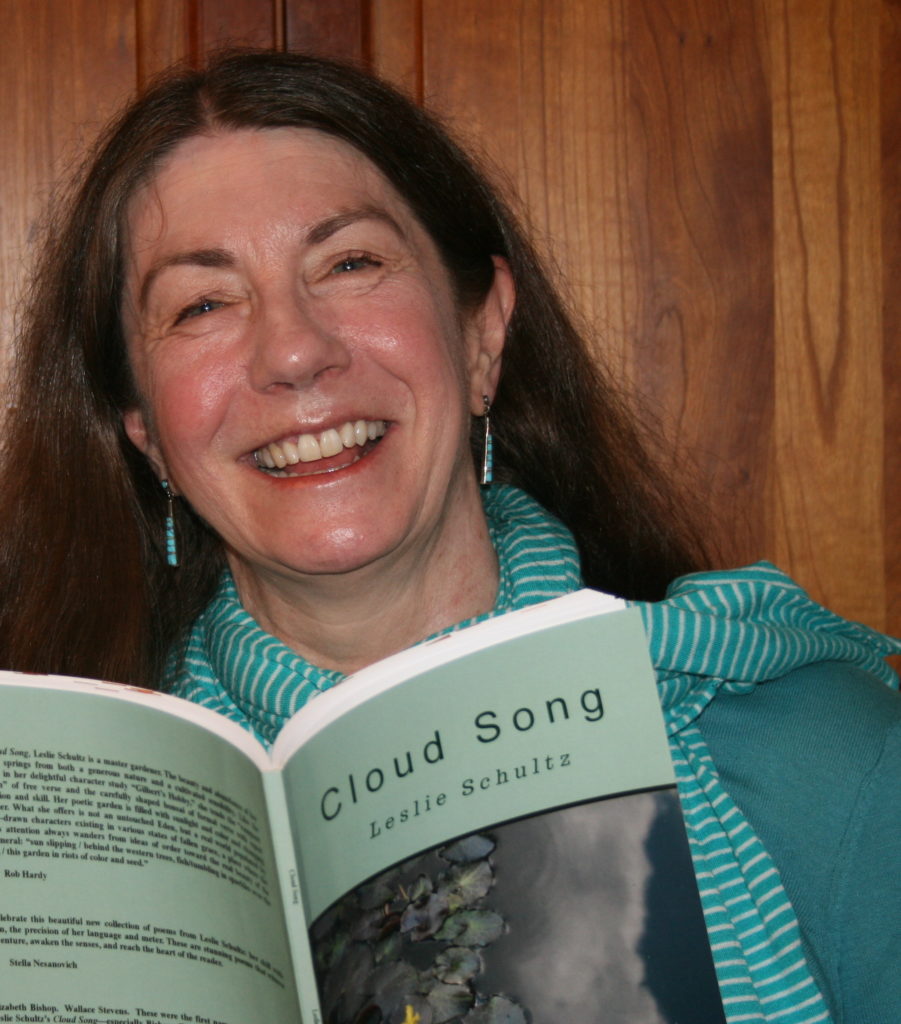
Today is the 133rd birthday of the best-selling and most translated writer of all time, Dame Agatha Christie. Born in the English countryside 1890, Christie was homeschooled and brought up to enjoy the arts and the sciences, nature and family. Later, she opined One of the luckiest things that can happen to you in life is, I think, to have a happy childhood.
When I first saw this quote, painted on the wall of the Minnesota Children’s Museum I was there because I had been engaged to do some writing for them. The quote struck me as very true, and I trusted the author, so I stopped on the staircase,I pulled out my legal pad and pen, and noted it down.
Christie had come into my own life at a disruptive juncture, when I needed a fictive port in a storm. I bought a copy of her collection, 13, thirteen stories centering on Miss Marple in the tiny village of St. Mary Mead, in a shop in the airport of Portland, Oregon. Turning the book’s pulpy pages under the light over my airplace seat, the inky black Pacific Ocean below, calmed me. As I crossed the International Dateline for the first time, this massmarket paperback stabilized the flight for me away from the known and into the unknown.
That January of 1972, when I was just barely twelve, our family emigrated from Beloit, Wisconsin to (eventually) Melbourne, Australia. In the next twelve months, I attended four different schools in Australia, and the feeling of dislocation continued, heightened, no doubt, by the internal changes wrought by puberty. Fortunately for this book worm, every school library was well-stocked with titles by Christie, and the formulaic quality of her novels–where evil breaks out but justice and answers are always delivered–was welcome, indeed. (I even sought out her titles under the psuedonym, Mary Westmacott, and liked them very much.)
Then, and still today, my favorite of her titles draws on her experience in the archaeological digs of her husband, Sir Max Malloran. It is called, Death Comes as the End, and is set in ancient Egypt, in a land far, far away, in a time before dectectives or even the printing press. My second favorite must be the psychologically complex, And Then There Were None. Though neither of these titles has a reigning dectective or amateur sleuth, Miss Marple and Hercule Poirot both have permanent places in my affections, too. It startles me to think that all this was so long ago that Christie was still alive. (She died in January of 1976.)
As one who is joyfully contending with writing fiction these days, I am amazed at Christie’s sheer output–sixty-six detective novels, fifteen collections of short stories, and six novels of literary fiction (as Mary Westmacott.) I am also interested in how her work is translated, not only into more than 100 languages but into movies and television. Christie continues to cast a spell for me, one that I am very grateful for, and so today, I want to salute her.
Below is my poem from 2014, inspired by Christie’s life and work. (I included it in 2017 in my second collection, Cloud Song.)
Agatha Christie at Work I love to think of you sifting through potshards, carefully cataloguing broken bits of lives shattered long ago. You would have held the brush lightly, the fragment firmly. The disillusioning dust of many ages-- encrusting the contours, disfiguring the design, muddying the inscription—would have been no match for your careful hands, your patient heart, your clear eye. In the unambiguous desert air, where now drones patrol the dry rivers and dusty bazaars, you slacked your thirst for order, for history, for the struggle to make sense of the way life smashes our assumptions, flings us partial but still recognizable under its hooves. I imagine the red sun sinking, you, easing your shoulders, turning your face to the currents of rising breeze: a reliable evening, tidying the work tent, admiring the silhouette of the tell and your husband’s loved profile. The two of you retire, slipping into your tent, quiet as fish. Later, you will light the lamp, plumb the murderous depths of the human heart, allow each piece of the mystery to slide into place. Leslie Schultz


You are living proof of the value of a happy childhood!
I didn’t know this about you, Leslie! Even with the familiar poem about Agatha! So, I love knowing it and feel among the very fortunate to have had an outrageously happy childhood! Thanks for enlightening me!
Hi Judy,
Thank you! Leslie
Beautiful writing of Christie at work! Judy